There must be a plan and specific actions.
Among the 12 main solutions covering socio -economic fields that the Government has proposed in the coming time, solutions No. 4 and No. 7 have mentioned agricultural economic development, especially the issue of reducing greenhouse gas emissions and carbon credit trading.
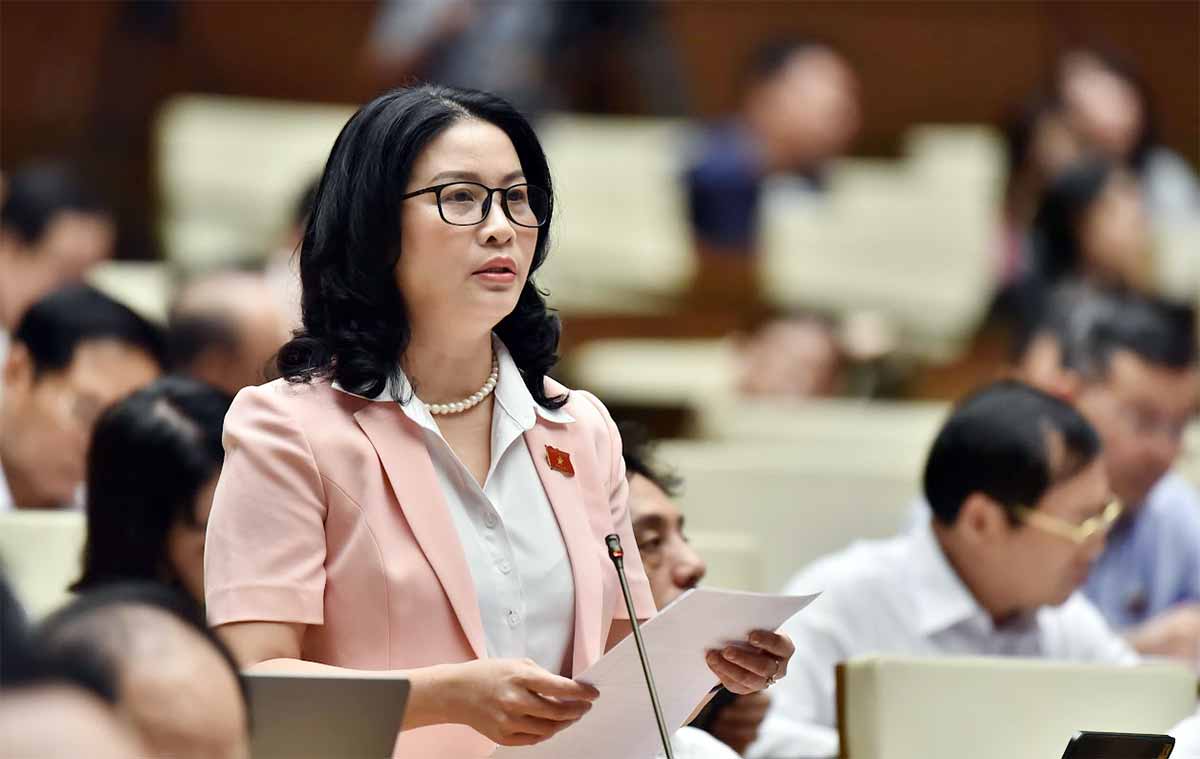
I think this is a very important and necessary issue that needs to be given proper, timely and regular attention to ensure the natural environment, stabilize economic life, especially to help Vietnamese agriculture overcome the obvious challenges of the global green transformation revolution, and continue to maintain its important position on the world's food security map.
Why does Vietnam need to pay attention to greenhouse gas emission reduction and carbon credit trading, especially in the agricultural sector?
Vietnam's agriculture plays a very important role, is an advantage, and is the pillar of the economy . The export value of Vietnam's agricultural products will reach about 54 billion USD in 2023, making an important contribution to the country's agricultural economy. According to statistics, agriculture is the industry that generates large emissions of about 100 million tons of CO2 equivalent (accounting for 30%) of Vietnam's total greenhouse gas emissions. Of which, the main source is rice cultivation, accounting for 50%, livestock farming, accounting for 19%; land management and fertilizer use, accounting for 13%; the rest is the treatment of agricultural by-products.
In recent times, to carry out the global green revolution and fulfill the Net zero commitment on greenhouse gas emissions , many countries in the world (many of which are considered agricultural export markets of Vietnam) have built technical barriers to reduce greenhouse gas emissions and carbon shortage , towards green and sustainable development. About 30 countries in the world have implemented carbon taxation .
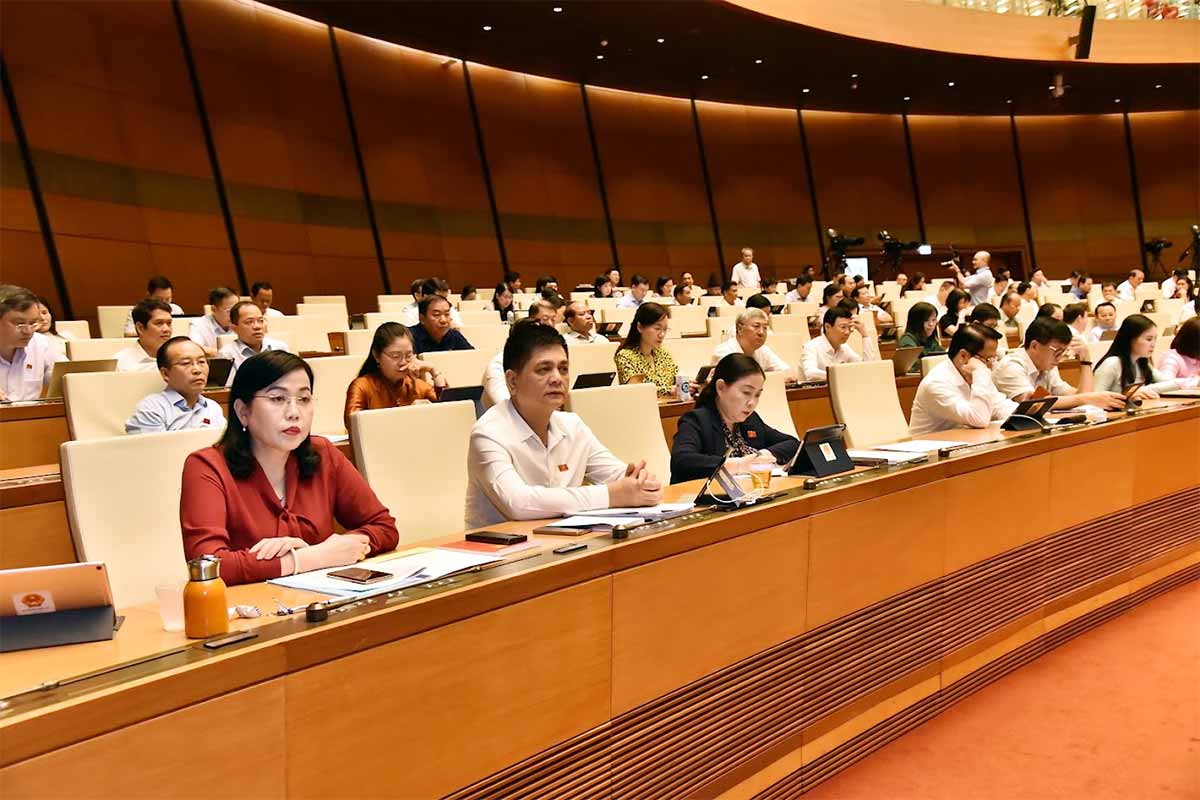
Specifically: from January 2025 , Vietnam wants to export agricultural products to some markets need to prove that the goods do not come from deforestation; from January 2026 , technical barriers on carbon emissions will be applied in some markets of Vietnamese agricultural products .
This is a huge challenge for many countries, especially for Vietnam and Vietnamese businesses. If we do not have a plan and specific actions for the production of Vietnamese agricultural products for export associated with reducing greenhouse gas emissions, Vietnamese agricultural products when exported will be subject to additional carbon taxes from other countries, increasing export prices and losing the competitive advantage of Vietnamese agricultural products, especially in the context that many countries have built carbon border barriers .
Besides such challenges, if we pay attention early in the right direction, do it effectively, synchronously, strategically, and have a clear plan to reduce greenhouse gas emissions, and actively participate in the carbon credit market , we can promote the national agricultural advantages, increase the competitive position of agricultural products, bring high added value in agricultural production, and collect money from carbon credits .
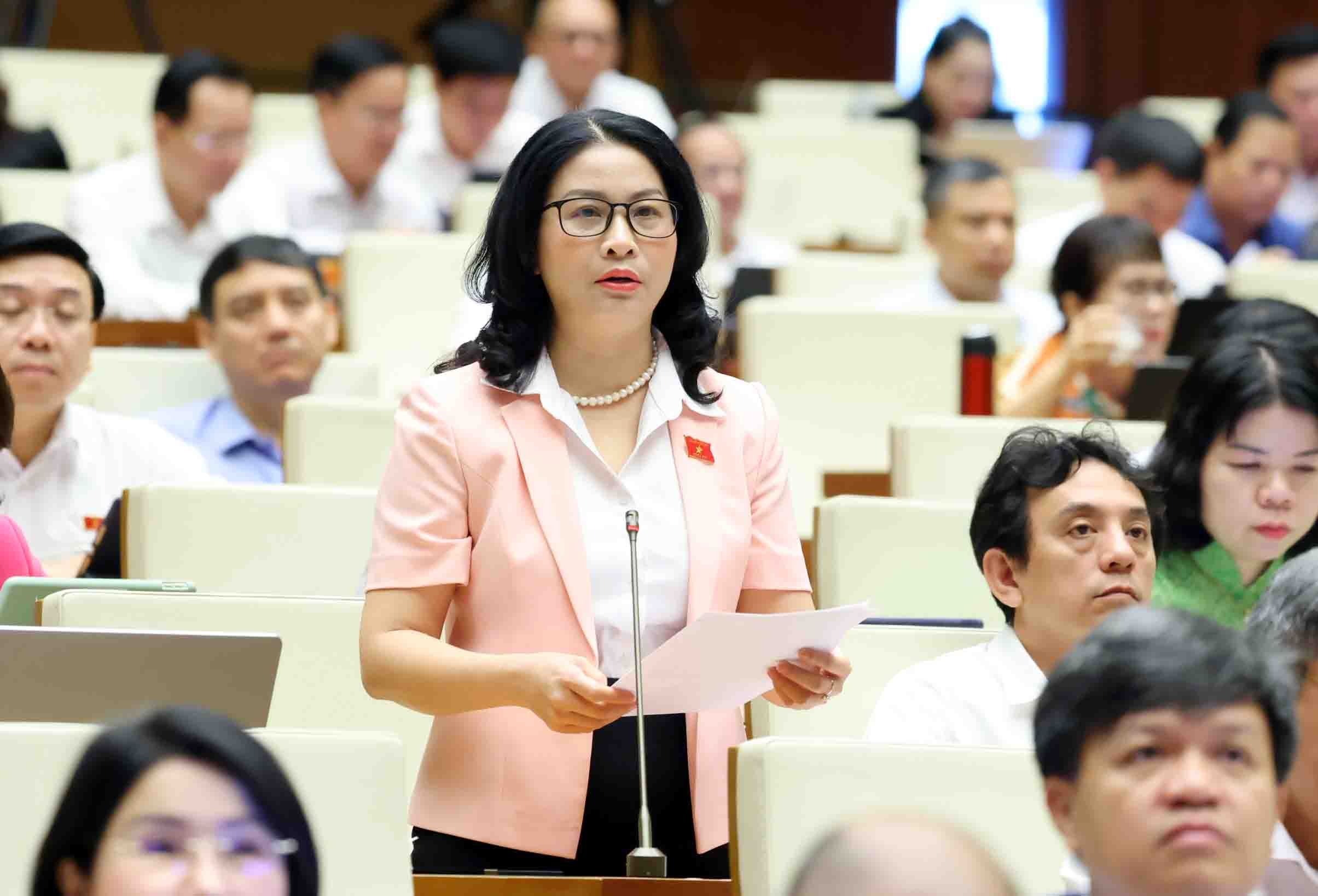
I appreciate the Government's actions in committing to join the green revolution with countries around the world at COP 26, COP 28 and being ready to participate in the carbon market.
Vietnam has issued the Law on Environmental Protection in 2020 and Decree 06/2022/ND-CP stipulating measures to reduce greenhouse gas emissions and establish a carbon permit market. The Ministry of Agriculture and Rural Development has approved the Greenhouse Gas Emission Reduction Plan for the Agriculture and Rural Development Sector to 2030, with a vision to 2050.
I especially appreciate the project: " Sustainable development of 1 million hectares of high-quality and low-emission rice cultivation associated with green growth in the Mekong Delta by 2030". The project is of special importance in contributing to the implementation of Vietnam's international commitments at COP 26 on greenhouse gas emissions.
There are policies to encourage people and businesses to participate in the carbon market.
To help people deeply understand the great value as well as the challenges of reducing greenhouse gas emissions and carbon markets, and to be able to fulfill Vietnam's commitments at COP 26 and COP 28, I propose some contents:
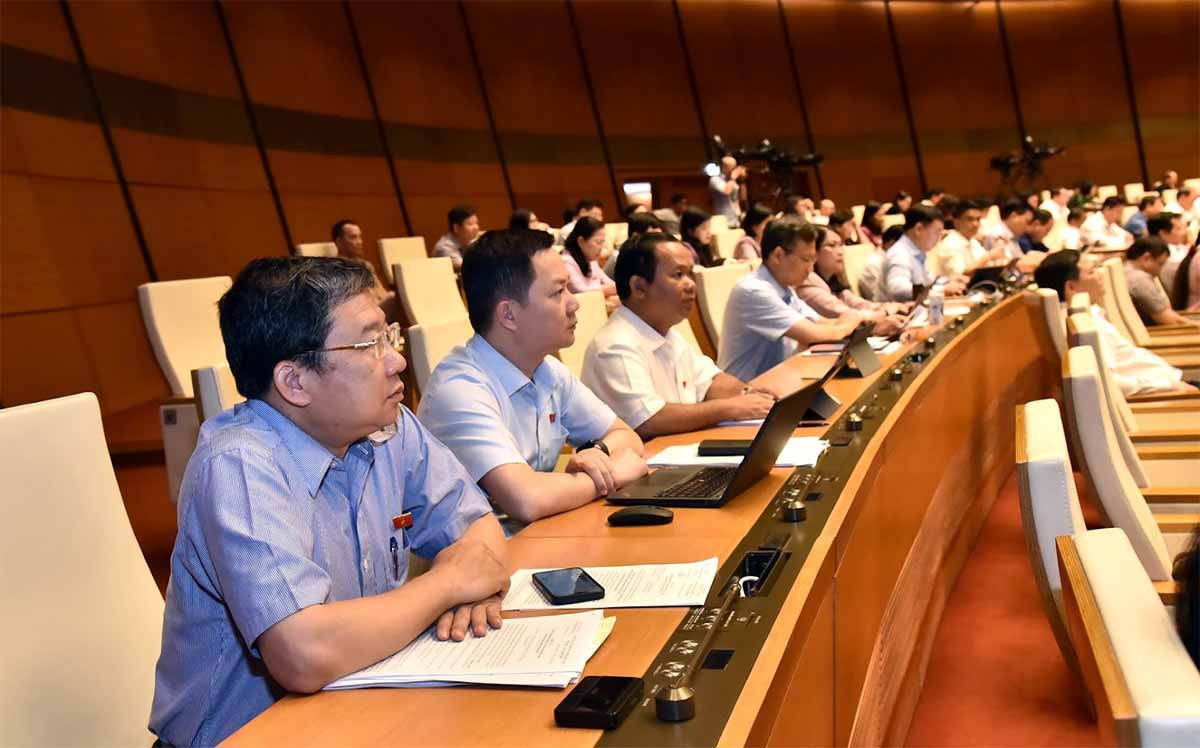
Firstly, widely disseminate the importance of reducing greenhouse gas emissions and carbon markets. Assign universities and agricultural academies to develop training programs to raise awareness, provide basic knowledge about carbon markets to people, businesses, cooperatives, and teach university and high school students. Provide practical training on the application of technical solutions in agricultural production to reduce greenhouse gas emissions and carbon market transactions.
Second, deeply study the impact of carbon market regulations of some countries on the export of Vietnamese agricultural products when this regulation is applied from January 2026, thereby proposing appropriate response solutions to support people and businesses.
Third, build a scientific research program, develop attractive, specific and practical policies to encourage people and businesses to actively participate in the carbon market for both sustainable development and increasing the value of the agricultural sector... based on lessons learned from EU countries, the Netherlands, the United States, Japan...
Source: https://daibieunhandan.vn/quoc-hoi-va-cu-tri/dbqh-nguyen-thi-lan-ha-noi-chu-dong-tham-gia-thi-truong-tin-chi-carbon-giup-nong-nghiep-vuot-thach-thuc-i373220/


















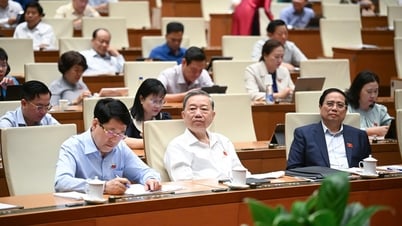








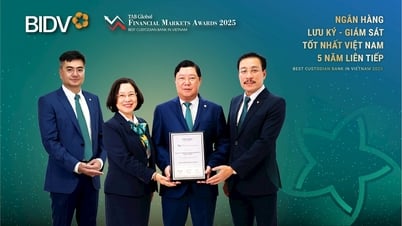























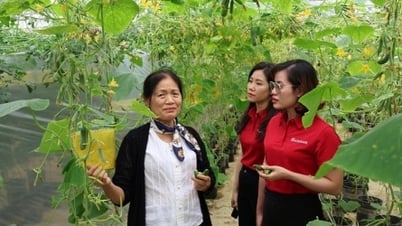

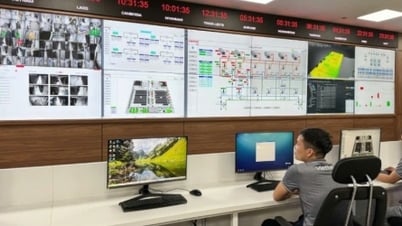













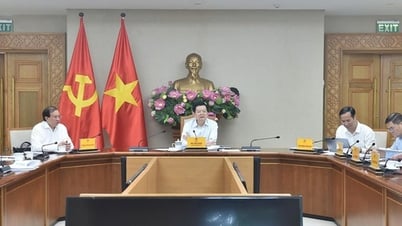





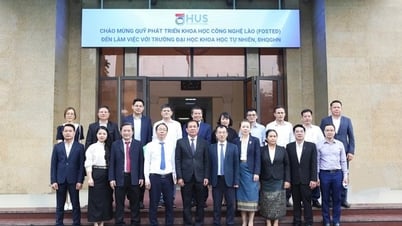





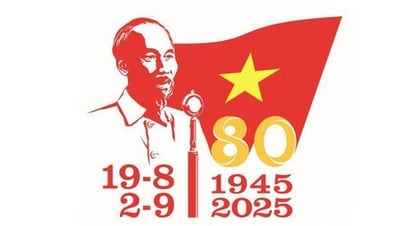

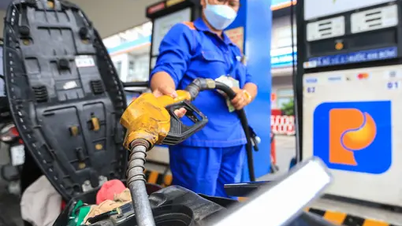





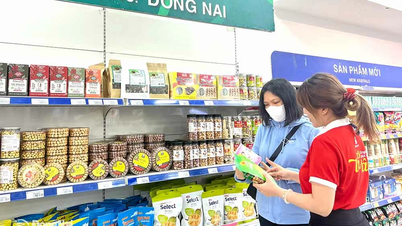


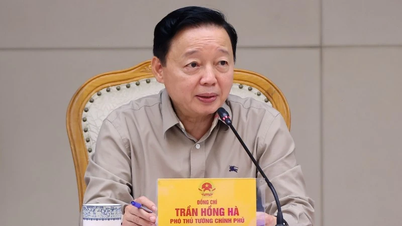
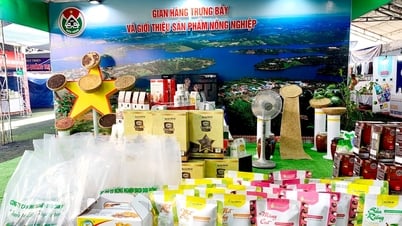
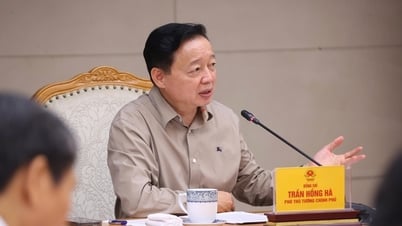




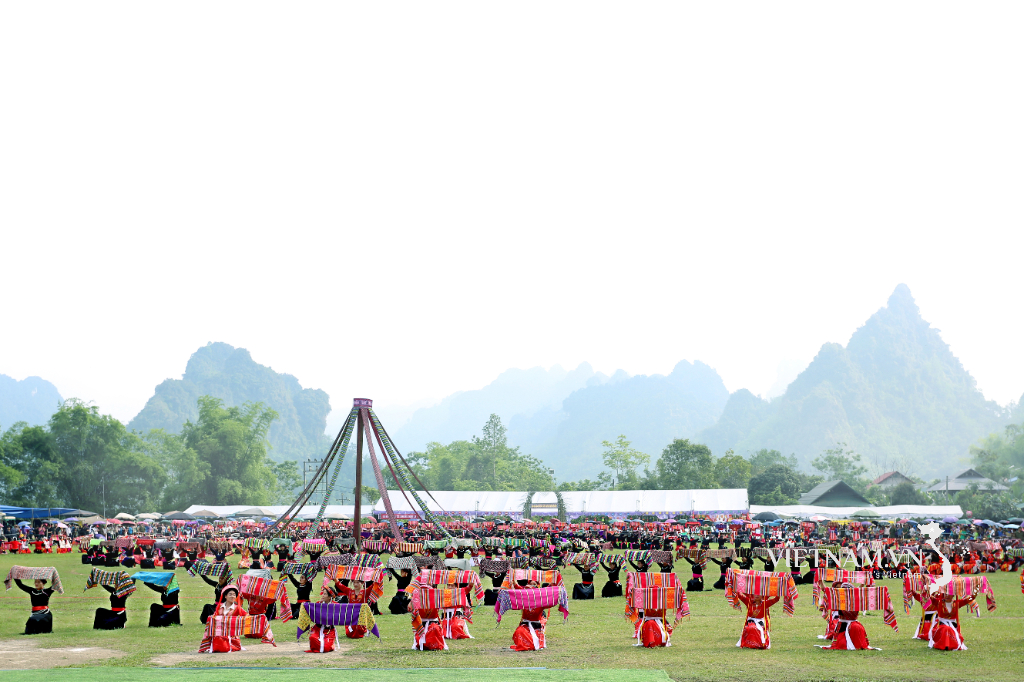
Comment (0)